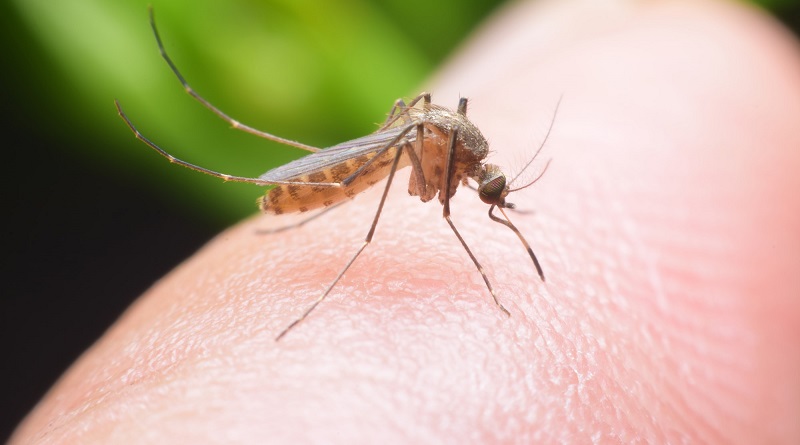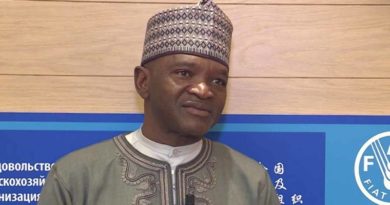Don seeks improved environmental sanitation measures to eradicate mosquitoes
Prof Godson Ana, Dean, Faculty of Public Health, College of Medicine, University of Ibadan, has called for effective environmental sanitation control strategies, and funding to eradicate mosquitoes.
Ana made the call on Tuesday in Abuja, at a symposium organised by the Environmental Health Council of Nigeria (EHCON), in collaboration with the Pest Control Association of Nigeria (PECAN), to commemorate the World Mosquito Day.
In a presentation titled; `Fighting the World’s Deadliest Killer, War Against Mosquito: Strategies, Gains and Setback”, the don said there was no point dealing with malaria on the surface by pumping money into hospitals, while people continued to die from mosquito related infections.
He however, said government should rather invest money on sanitation, hygiene and other environmental sanitation control strategies, to completely eradicate mosquitoes.
“We pump money into hospitals, rather than investing on sanitation, hygiene and other environmental sanitation control strategies.
“We should invest more on research and documentation. Investment in research and development for malaria and other mosquito related diseases is not enough, there should be more on tackling the menace from its root cause.
“Health and socio-economic effects of mosquito is economic loss for health care interventions, cerebral hemorrhage and liver problems.
“It affects pregnant women, decreases productivity due to manhour loss, leads to school absenteeism, and affects children under five years,” Ana said.
The don identified malaria as a parasitic infection transmitted by ‘Anopheline mosquitoes.
According to him, it causes an estimated 219 million cases of malaria infections globally, and results in more than 400,000 deaths every year.
He emphasised that most of the deaths occurred in children under the age of five years.
The don, who noted that most people were ignorant, or out rightly nonchalant about the benefits of keeping the environment clean and healthy, called for improved sensitisation and advocacy on environmental sanitation.
He further called for strict enforcement of sanitation laws and related programmes at the community level by EHCON, the National Environmental Standards Regulations and Enforcement Agency (NESREA), and other environment related agencies.
He said: “We need to up our game in our quest to address the mosquito scourge, the world deadliest killer.”
Ana, who explained that there were many species of mosquitoes in different parts of the world, also described the parasite as one of the greatest foes of mankind.
“It is responsible for most of the public health burdens, especially malaria and several methods and strategies have been used in the fight against the disease.
“The war against mosquito is far from being won because there are still a lot of setbacks, in spite of the modern techniques.
“Conquering invasion and its impacts requires sustained efforts, innovations and commitment from all of us.”
He said the country should imbibe the WHO stipulated integrated approach to vector management, as an environmentally appropriate method.
Ana identified the system as a combination of methods in vector control, by conducting surveys in order to determine the species and position of mosquitoes and monitoring before commencement of control.
He emphasised some of the setbacks in mosquito control and eradication as; lack of effective research and documentation, environmental degradation, loss of tourism potentials, ecosystem structure, loss of manhour, and increase in number of out of school children.
“We are responsible for the destruction of our ecosystem, in the sense that certain places we are experiencing flood because we build on waterways, block water channels with refuse, which consequently provides high breeding places for mosquitoes.
“We lost a lot of tourism potentials because places that are infested with mosquitoes will scare tourists away.
“Loss of manhour in very high in endemic regions, notorious for proliferation of mosquitoes and mosquito related diseases, especially malaria,” Ana said.
By Felicia Imohimi




